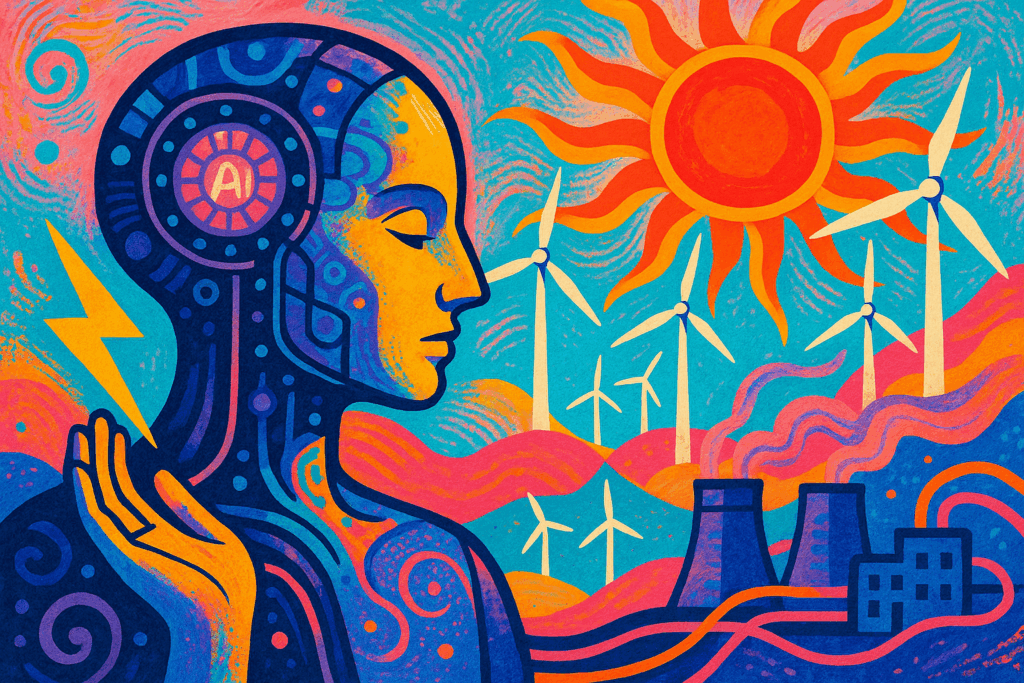AI: The Energy Transition’s Essential Partner
As energy systems worldwide shift to accommodate rising demand alongside decarbonization goals, artificial intelligence (AI) has emerged not only as a technology consuming power but as a vital tool for balancing energy supply and demand. By integrating with both renewable generation and traditional natural gas facilities, AI supports a more resilient and efficient energy future.
Stabilizing Grids with Renewables
The increasing share of renewable sources such as solar and wind introduces variability that challenges grid stability. AI addresses these challenges by analyzing vast data streams to forecast generation patterns and detect faults quickly. This predictive capability helps prevent blackouts, such as those observed in the Spain and Portugal grids, by optimizing how intermittent energy is balanced across decentralized systems. AI-based grid management improves real-time decision-making, smoothing out fluctuations and maintaining consistent power delivery.
Optimizing Natural Gas Operations
While renewables grow, natural gas remains an important baseload resource that demands efficient operation. AI-driven predictive maintenance minimizes unplanned outages by identifying equipment wear ahead of time, reducing emissions and operational costs. Additionally, AI supports intelligent dispatch strategies that match natural gas generation to demand fluctuations with greater precision, preserving grid stability and facilitating smoother integration with renewable output.
Reframing AI’s Energy Footprint
AI’s power consumption is frequently highlighted, yet this perspective overlooks the broader benefits AI delivers. When deployed strategically, AI reduces overall system emissions and energy waste by optimizing generation, storage, and consumption patterns. The net impact is a more sustainable electricity system. Recognizing this dynamic underscores the need for targeted infrastructure investments and thoughtful regulation to support AI in its role as a system optimizer.
A Strategic Shift in Perspective
Moving beyond viewing AI strictly as an energy burden is essential for long-term planning. Instead, energy leaders and policymakers should regard AI as an enabler of a resilient, low-carbon future. Investments and policies that address AI’s electricity demand alongside its optimization capabilities will be fundamental to achieving clean energy targets and system reliability. This reframing positions AI as a strategic asset central to the evolving energy landscape.




